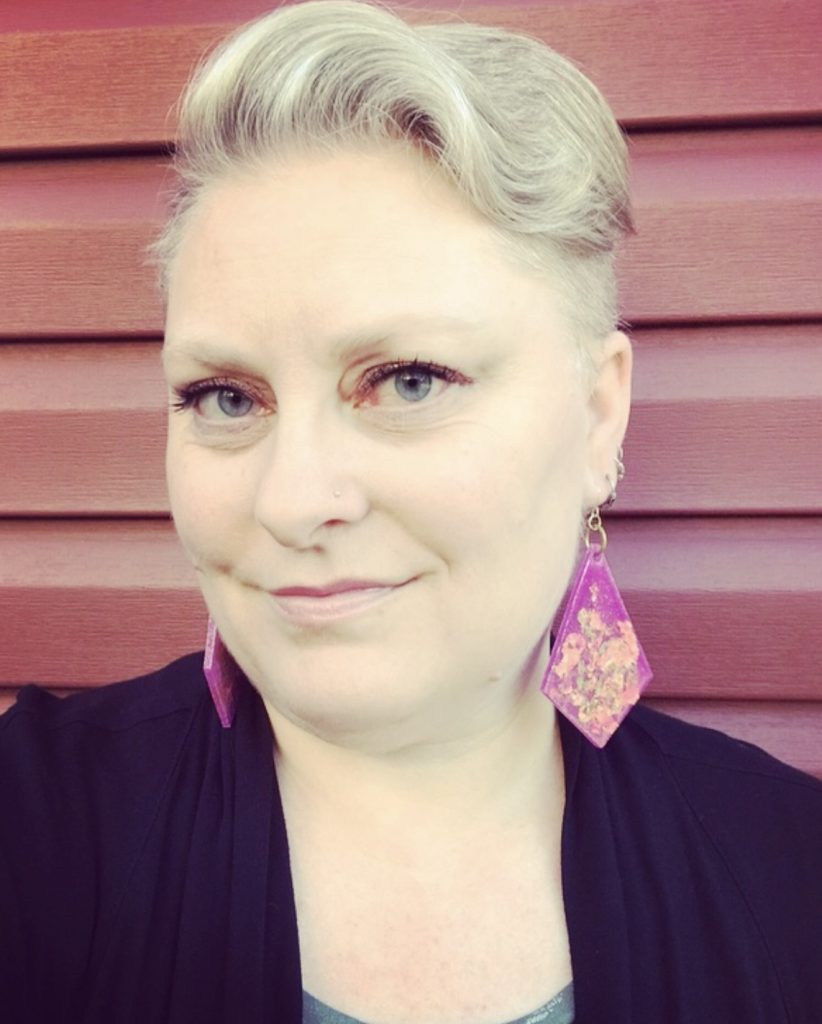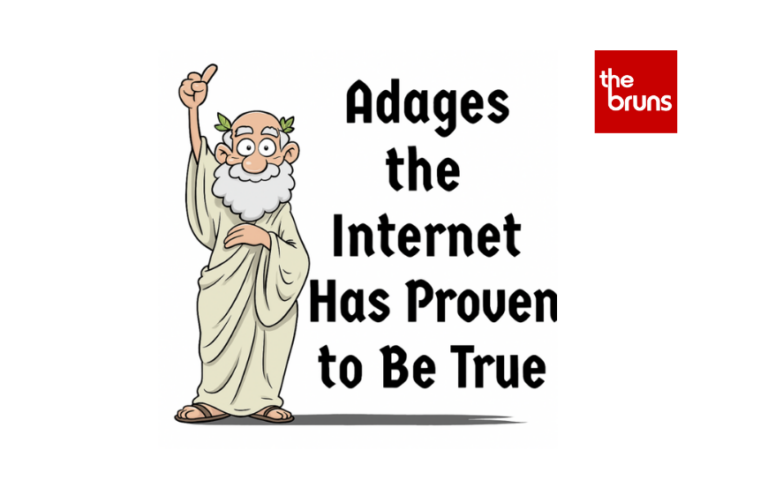By: Quintina Northrup
Triny Finlay is a poet, writer, and mother who currently teaches English at UNB. Guided by her identity and experiences, she uses her platform to promote anti-racism, feminism, and decolonization. She has learned to embrace life while navigating her chronic mental health challenges.
Finlay has authored several books including Splitting Off, Histories Haunt Us, You don’t want what I’ve got, and Phobic. Her latest work, Myself A Paperclip, was released this fall. It proved to be a more daunting process than expected.
“It took a long time to write this book. It’s more unsettling than my other poetry because it’s about not just mental health issues, but really specific instances of breakdowns, treatment I’ve received, and going through electroshock therapy, which is not something a lot of people have experienced,” she explained.
Myself A Paperclip is a polyphonic, serial long poem that starkly recounts Finlay’s experiences with mental health crises, treatments, and stigmatization.
“I can recognize that it’s probably something you would wonder – ‘how did you come to the decision to publish this?’ …I think I always knew I wanted to publish this book,” she continued. “I felt like there weren’t enough people writing about and publishing about [mental illness].”
Her book details some overlooked, adverse effects of treatment. “[Electroshock therapy is] still considered controversial. I had some really negative side effects from that particular therapy [and] even though it probably saved my life, it also gave me an intense memory loss that was permanent. Then it gave me a temporary inability to read, which was a really difficult side effect for an English professor.”
Finlay was graciously candid about where her poems originated:
“I kept notebooks while I was in the psych ward. It was my way of feeling a sense of control over what was happening to me.”
Although the book is written from her perspective, it gives insight into the psych ward environment. “This book reads a bit like a notebook because there’s different parts to it. Some are poems and my own voice, some are snippets of conversation you might hear in the psych ward, and some are other kinds of reflections on what it’s like to be in the psych ward.”
Finlay has used her experiences to shed light on perseverance. Through her openness, she manages to shift how individuals with mental health challenges are viewed.
“I wish that there were a much broader conversation and a much more fulsome conversation about what mental illness actually looks like in the everyday, because probably half the people you know, maybe more, have experienced some kind of mental health crisis.”
Myself A Paperclip is more than just a book of poetry – it is a labour of love. Finlay has bravely brought conversations about mental health out of the shadows and put a face to them.
“This book out in the world that directly addresses my experience as a queer cis-woman who has gone through the psychiatric system and come out the other side, maybe not like completely recovered, certainly not recovered, but in a process of recovery, is really important to me.”
Her book began as a fictional story she could not seem to finish. The most important lesson she gleaned from the laborious writing journey was to unapologetically speak her own truth.
“Who cares about some fictional, unrequited love story? I don’t give a shit about that. I give a shit about the compulsive behaviours and the bad treatment by ER doctors and the other things I had this character going through that I had gone through myself. And then I switched it up so that it was from my own experience.”
Finlay’s writing holds a mirror up to us all and serves as a reminder that mental illness has many faces. There is no “one size fits all” in mental health, nor in how affected individuals look, behave, or live.
If you are struggling with your mental health, asking for help can be hard. But you are not alone.
Mental health resources in New Brunswick:
Chimo Helpline
(800) 667-5005
Canadian Mental Health Crisis Line
(888) 353-2273
Crisis Society Mental Health Line
310-6789 (no area code needed)
24-Hour Crisis Line
(403) 266-HELP (toll free)
Mental Health Helpline
(877) 303-2642 (toll free)
You can also dial 911 or visit any local emergency room during times of crisis.




